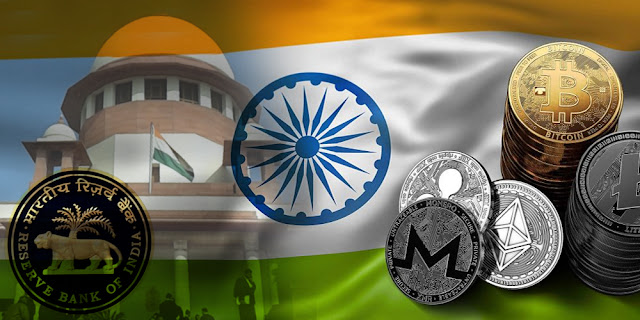Why go trustless?

The idea of distributed ledger technology (DLT) is appealing because it is as close to ‘trustless’ as we can get. Imagine a world where you have true autonomy or freedom and outcomes are not decided by centralized intermediaries. For with people or institutions, there is always the possibility of various cognitive biases creeping in. In such instances, decisions are often influenced by individual value systems, vested interests and personal preferences. In other words, there is a good chance that a centralized third party’s decision is not for the greater good and is determined by the whims and fancies of a select few. Once DLT works as envisaged and becomes truly autonomous then a neutral framework or mechanism could lead to more efficient end results. Outcomes would simply be due to action and consequence within a set framework. A form of a trustless network that is gaining widespread adoption is the blockchain, and myriad cryptocurrency entrepreneurs would delve into great


